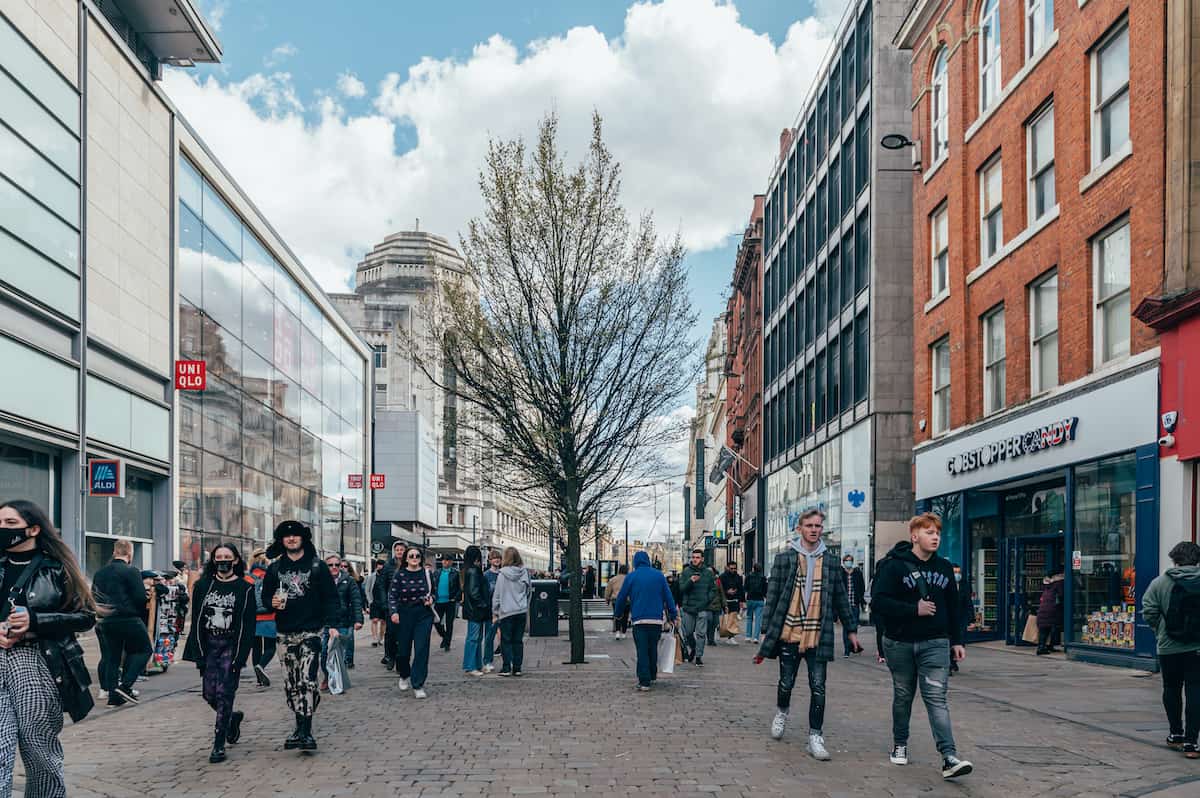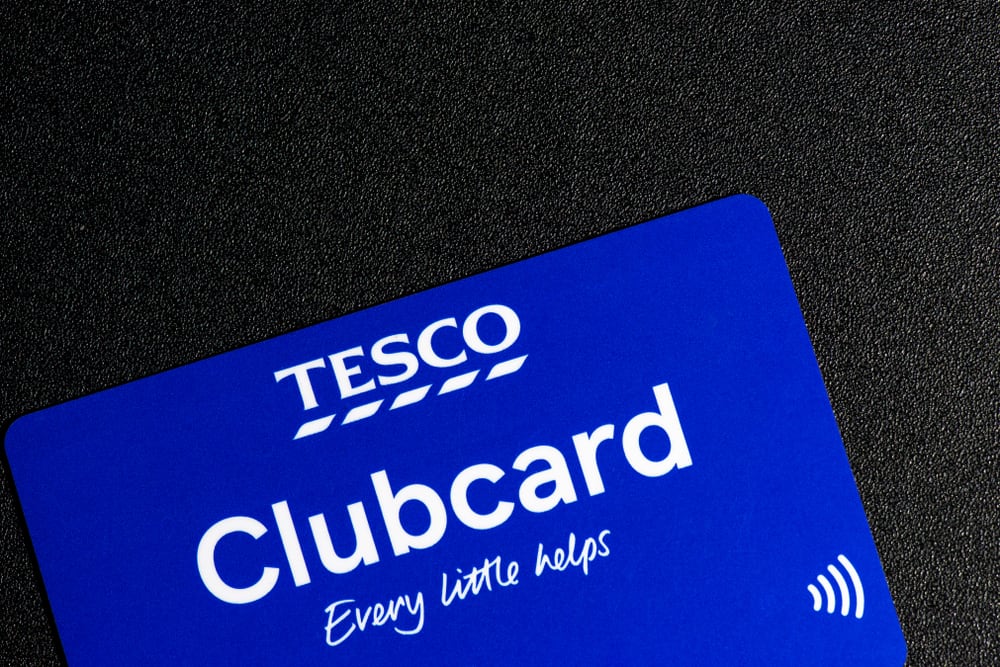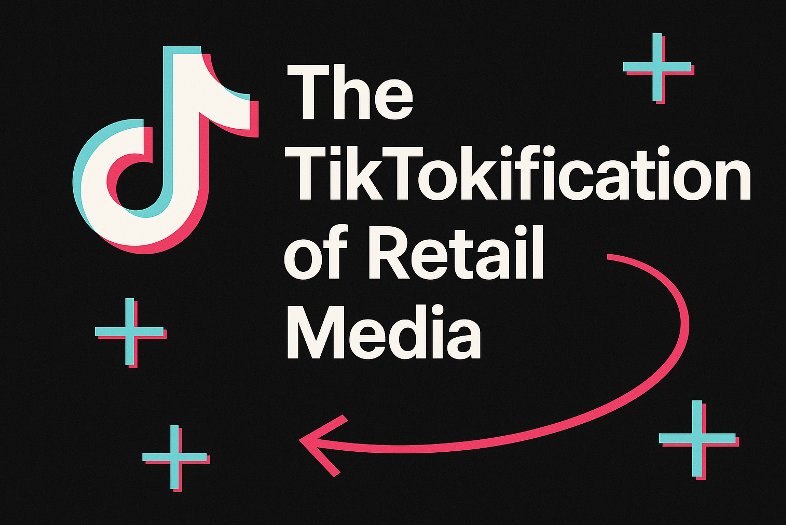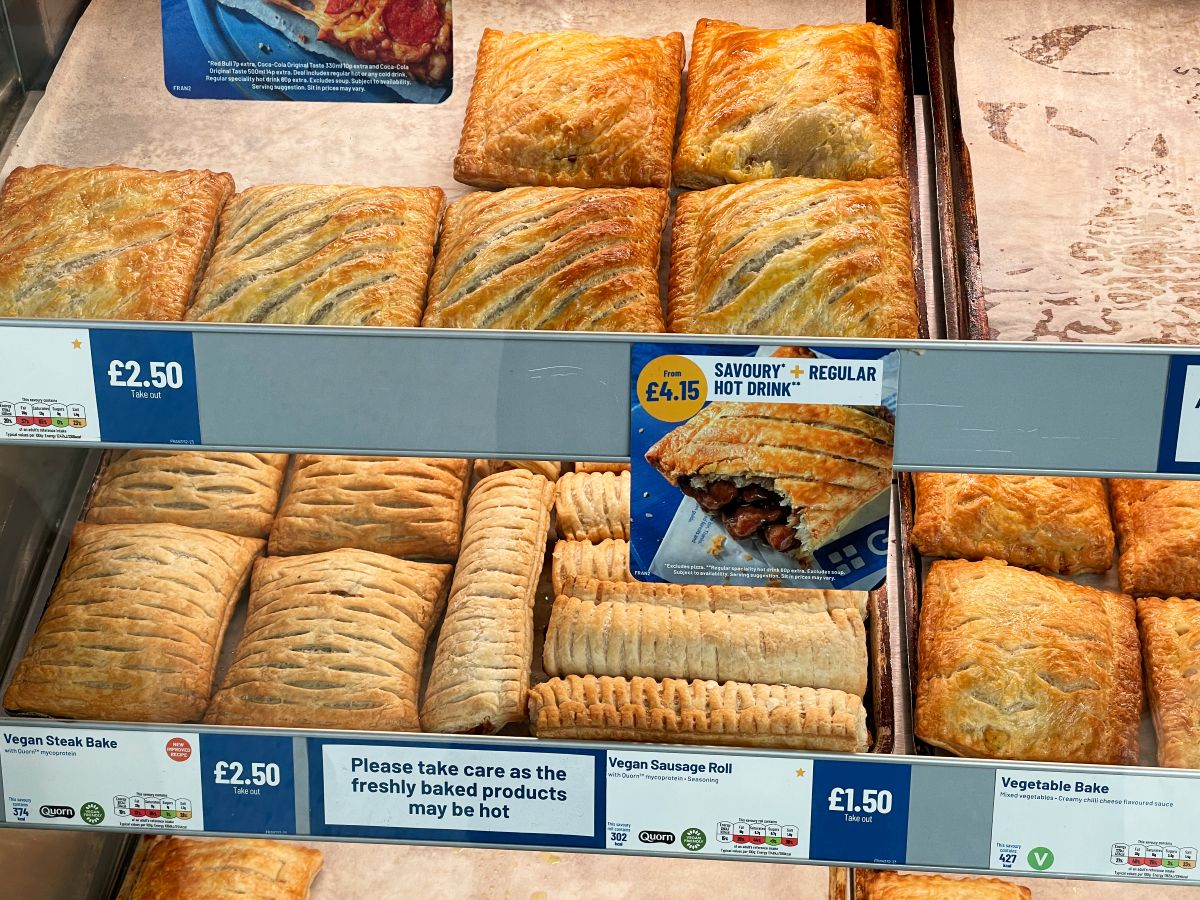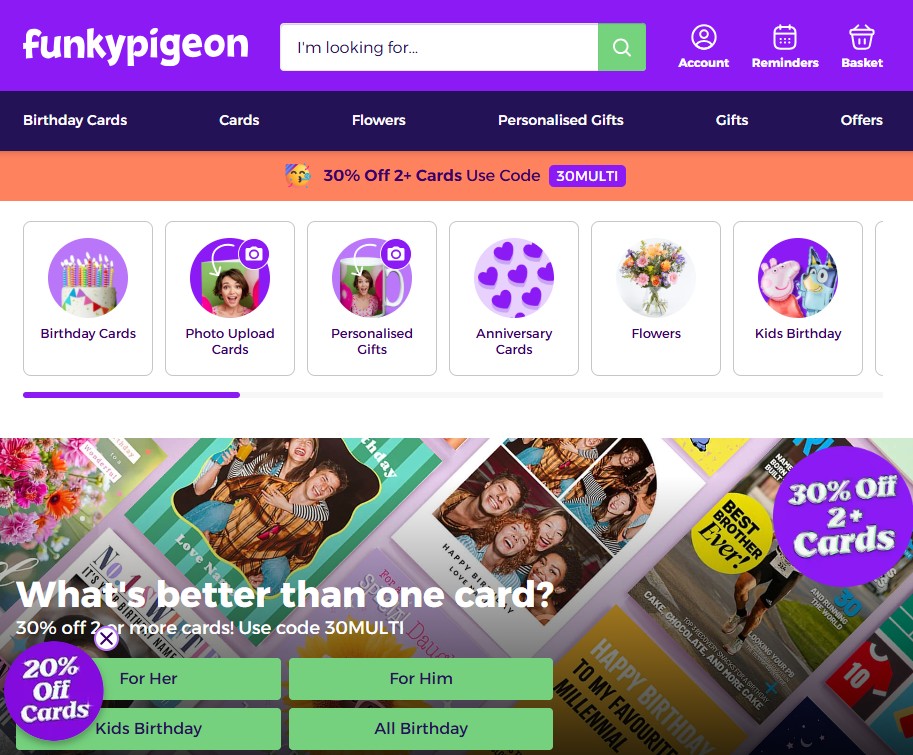A move back to stores and hospitality venues in April is suggested by retail sales figures out today from the BRC and consumer spending insights from Barclaycard . Online sales have fallen compared to the previous month – but continue at a level that’s still significantly higher than before the pandemic.
BRC: online sales decline as shops open
Fewer retail sales took place online in April than a year earlier, as non-essential stores reopened from lockdown 3.0, new figures suggest. Some 41.5% of sales were ecommerce ones this April, down from 68.8% in April 2020, during the first lockdown, according to the latest BRC-KPMG Retail Sales Monitor for April 2021. However the ecommerce share remains well up on the 29.7% of sales that took place online in April 2019, according to BRC figures.
The research makes two-year comparisons with pre-pandemic 2019 in order to exclude last year’s turbulence and finds that total sales grew by 7.3% in April 2021 compared to April 2019. That’s ahead of the three-month average growth of 6%. Sales were up by 46.3% on a like-for-like basis that strips out the effect of store – and business – openings and closures. Online sales, however, were included – giving ecommerce a greater impact on the like-for-like sales figure than on total sales.
In the three months to April, in-store non-food sales fell by 30.9% in total – contrasted to a 3.1% decline in sales in the same period in 2019 but LFL sales grew by 1.6% LFL. By contrast, online non-food sales grew by 57.4% over the same period, compared to growth of 4.3% in 2019. That’s below the average three month growth of 82.5%. Overall non-food sales improved by 25.1% LFL and by 2.4% in total. In 2019, non-food sales declined by 1.3%.
In the three weeks following the reopening of stores, non-food sales have increased by about a quarter compared to the levels of spending in the previous month, when lockdown was in force.
Helen Dickinson, chief executive of the British Retail Consortium (BRC), says retail sales had a welcome boost in April, following the reopening of non-essential stores on April 12. Fashion retailers saw sales improve as shoppers bought outerwear and knitwear for outdoor meeting, while furniture sales also grew.
“With the short-term pent-up demand for the shopping experience drawing consumers back to stores, non-food sales across stores and online increased by a quarter between March and April,” says Dickinson. “It is great to see customers feeling confident visiting shops, a testament to the ongoing investment by retailers in making their stores, warehouses, and deliveries Covid-secure.”
She adds: “While the boost in sales is positive as the industry continues to invest in safety and the online offer, high streets still have a long way to go on the path to recovery. There are 530,000 people who work in retail still on furlough. This and the end of the full business rates relief in England in June jeopardises the future of many stores and the livelihoods of those who depend on them. The government must deliver on its promise to reform the broken rates system in their ongoing review and reduce the financial burden on retailers, or risk more unnecessary store closures and job losses.”
KPMG UK head of retail Paul Martin says: “Online sales continued to grow across most categories, but at a reduced rate as many consumers stepped away from their computers to head outside. This maybe has come as a surprise, although it does showcase that some changes in consumer behaviour are here to stay.
“Conditions will remain challenging as government support tails away over the summer and interest and repayments on CBILS and bounce back loans will need to start being paid back, alongside deferred rental payments. Retailers face an interesting few month as they assess the level at which online shopping falls back and full re-opening of the hospitality sector will likely see a dilution in retail spend in favour of leisure, entertainment and hospitality. Retailers will be hoping that with the increasing positive signs of the economy improving, market conditions offer scope to spark a big surge in consumer spending this summer.”
Food sales grew by 9.9% LFL in the three months to April, and by 10.3% in total. That’s ahead of the same period in 2019 when they grew by 1.4%. Susan Barratt, chief executive of grocery analyst IGD says: “the year-on-year impact for supermarkets is hard to determine due to the different timings of Easter, but the week-on-week data indicates food and drink sales slowed from mid-April, although some momentum was regained towards the end of the month. Inevitably, food and drink will settle at a reduced rate of growth as the competitive landscape normalises but also as the tough lockdown comparatives from 2020 persist for the next few months.”
But she says that the IGD shopper confidence index is now at its highest level in five years.
Barclaycard: consumer spending grows, slowly, as shoppers return to shops – and outdoor dining
Shoppers spent slightly more as shops and outdoor hospitality opened during April, according to the latest Barclaycard figures.
The data, taken from payments processed by Barclaycard, show consumer spending rising by 0.4% in April compared to the same period in 2019, as shoppers spent 10.1% more on essential goods, and 4.4% less on non-essential goods.
Spending in non-essential shops was 17.4% down on 2019 levels, recovering from 50.5% in March 2021. Spending on staycations (+15%), takeaways and fast food (+59.9%) and at vets and pet shops (+32.4%) all grew quickly – but airlines (-82.1%) and travel agents (-82%) continue to be hit by restrictions on international travel.
Commenting, Raheel Ahmed, head of consumer products at Barclaycard, says: “The easing of restrictions provided a promising boost to a number of sectors in April, with consumer spending back in growth and confidence in the UK economy at its highest level since before the onset of the pandemic. Younger shoppers have been spending more on clothing as they update their wardrobes in anticipation of socialising and making post-lockdown plans, while older consumers have boosted spending on UK accommodation and resorts, as they organise family staycations. Whilst there was a slight improvement in spending at pubs & bars and restaurants, the industry-wide restrictions on outdoor seating, sporadic colder weather and the rule of six all clearly dampened that recovery this month.
“The economy should hopefully gather momentum as we head into the summer and see the re-opening of indoor hospitality venues. Yet, what is most encouraging is that the easing of restrictions seems to have lifted the nation’s spirits, with many Brits relishing the simple pleasures of dining out and making social plans.”
